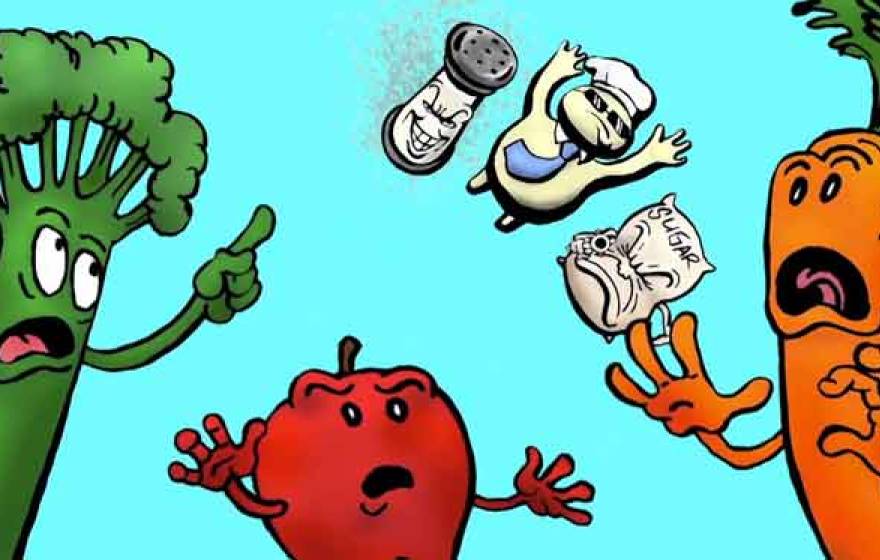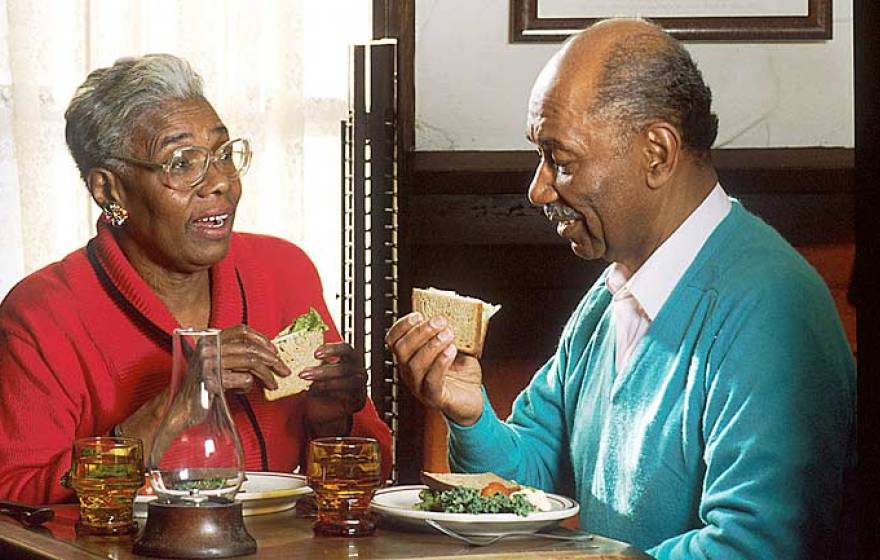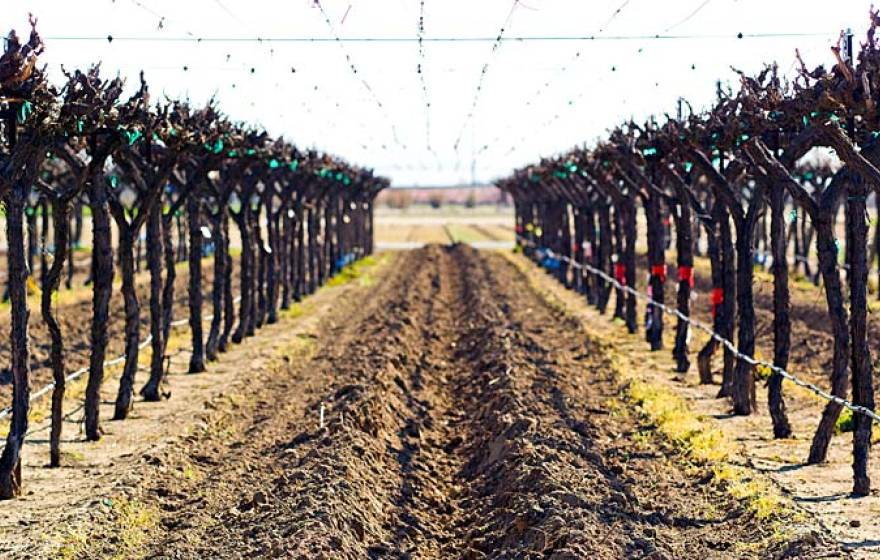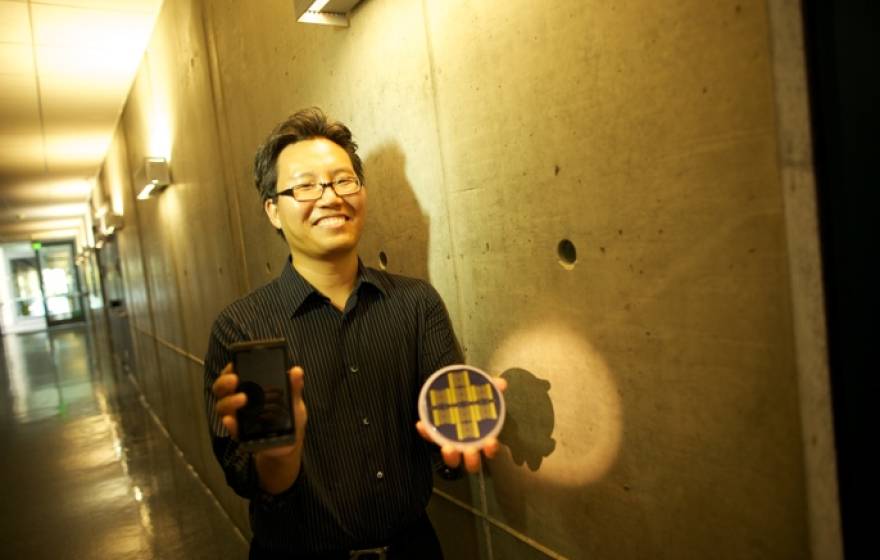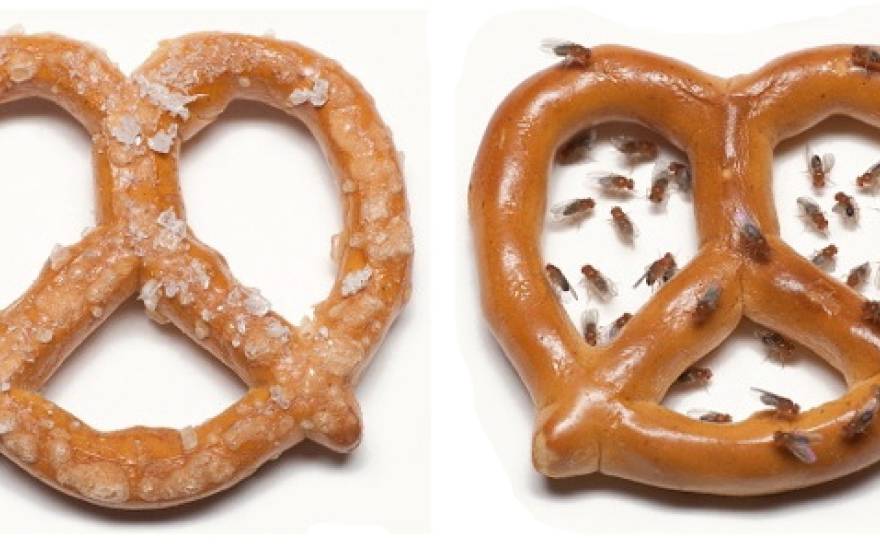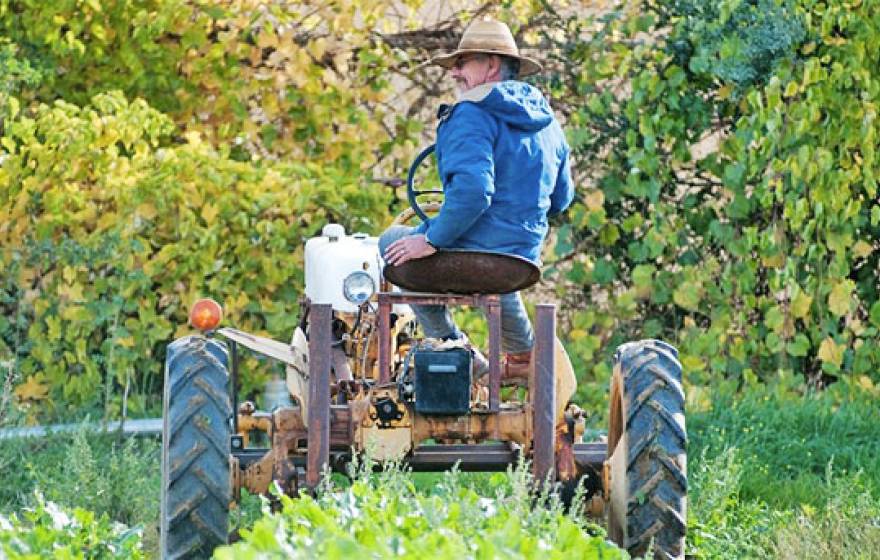UC Santa Cruz |
Film professor's video addresses LA public health crisis
Los Angeles transit passengers will learn of the dangers of 'Evil White Foods' from John Jota Leaños' film.
UC Davis |
Students learn engineering through coffee
From green bean to your cup of joe, the process of making coffee is all engineering.
UCLA |
Are you really going to eat that?
New book by UCLA psychologists shows couples how to team up to lose weight, get healthier.
UC Irvine |
Caffeine consumption enhances memory
A cup of coffee's good not just for waking up, but also for boosting long-term memory.
UC Riverside |
Can a glass of wine a day keep the doctor away?
Drinking in moderation — but not to excess — can help boost your immune response to vaccination.
UC Davis |
Grape microbes add to wine's distinctive terroir
The microbial communities living on the surface of grapes may shape a wine’s terroir — the unique blend of vineyard soil and climate of every winegrowing region.
UC Riverside |
New ‘electronic nose’ nano-sensor being developed for food safety, Health
Deal signed to develop products, testing platform for nano-sensor designed to help detect deadly pathogens in food supply chain.
UC Santa Barbara |
Fruit flies offer clues to salt influence
Animals prefer low-salt foods over high. Fruit flies help unravel the underlying science.
UC Office of the President |
California farmers face global pressures
Experts confront paradox of want in the land of plenty.
UCLA |
Recipe for starting a family: Add walnuts
Eating about two handfuls of the nuts a day appears to improve sperm quality.
UC Newsroom |
Seeding innovation
Long before UC Berkeley author Michael Pollan told us omnivores had a dilemma in books that questioned the industrial food complex, college students were at the forefront of a movement to rethink what we eat.
Back in the 1960s and 1970s, when organic was a foreign word to most Americans, students at UC Davis and UC Santa Cruz were part of a wave of environmental activism that sought alternatives to agricultural methods that distanced people from farms and relied on heavy use of chemical pesticides and fertilizers.
